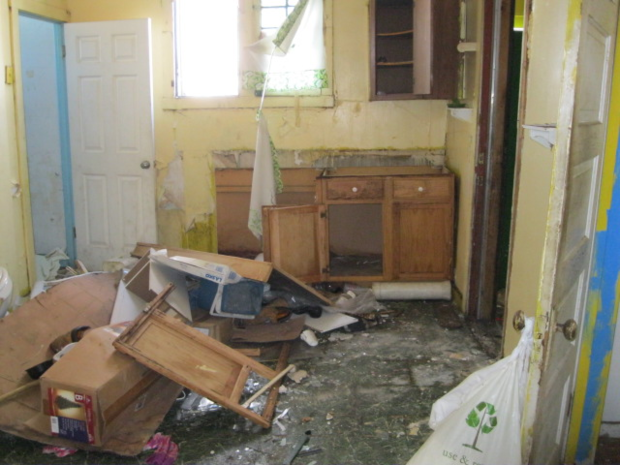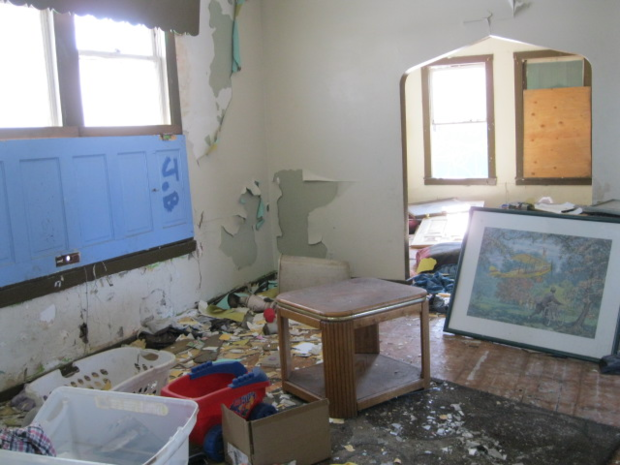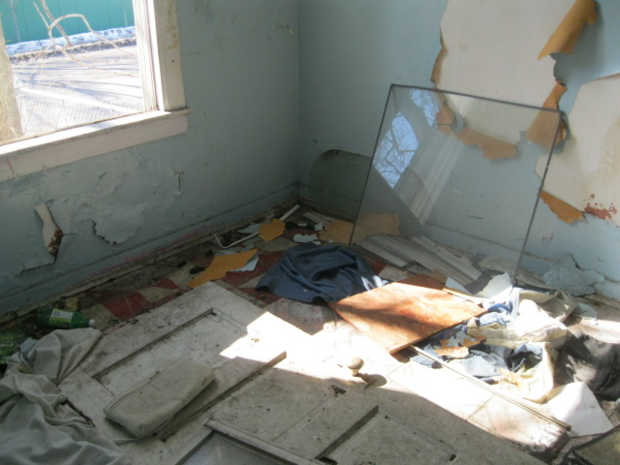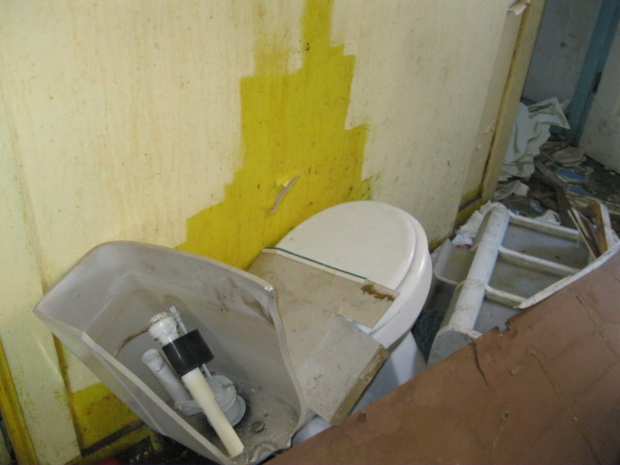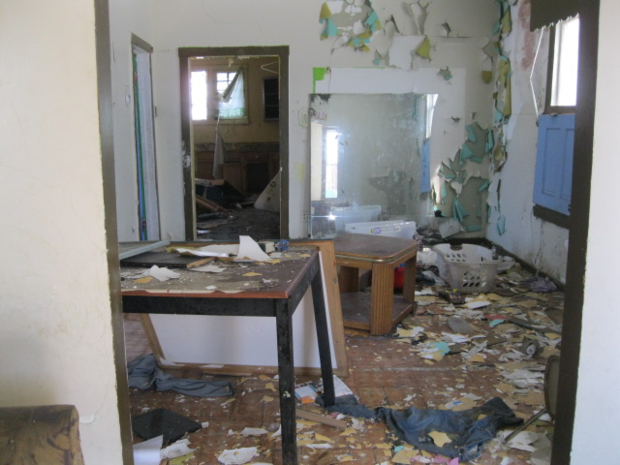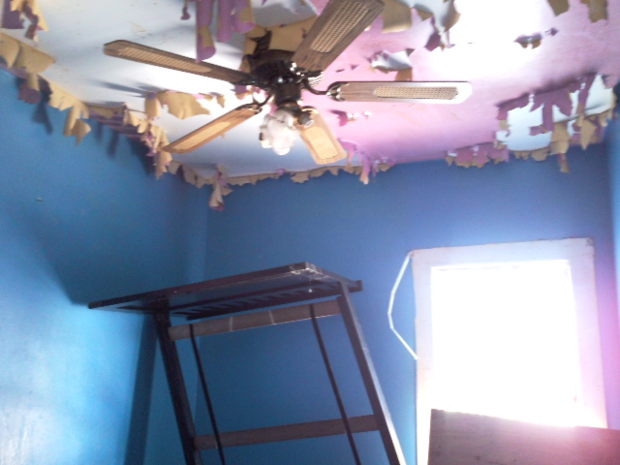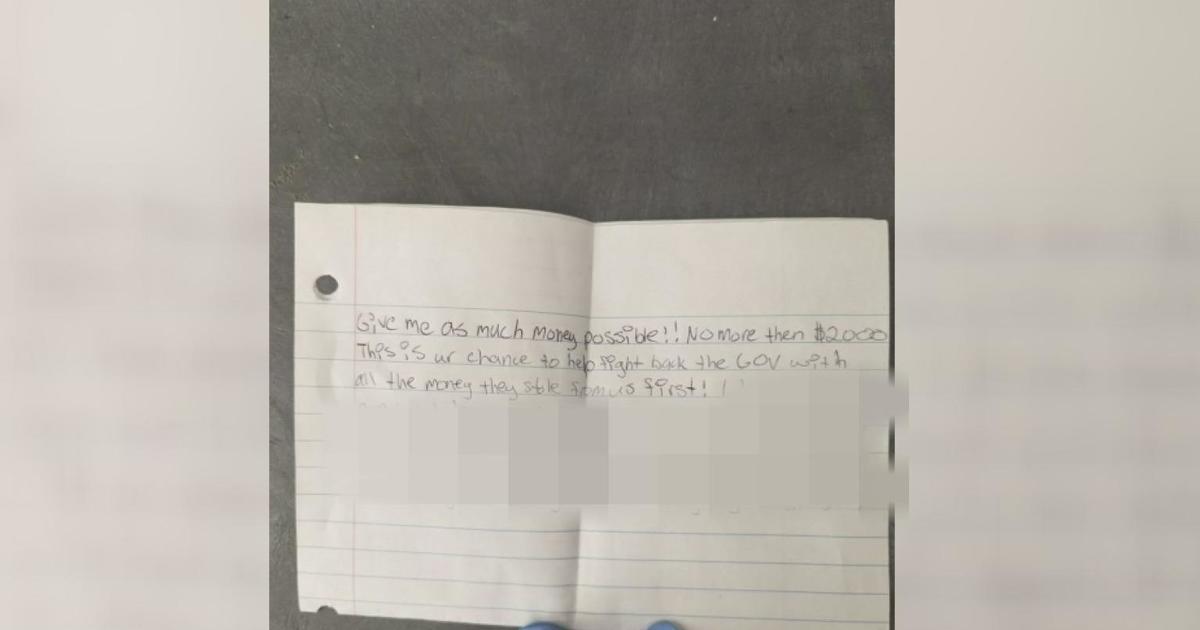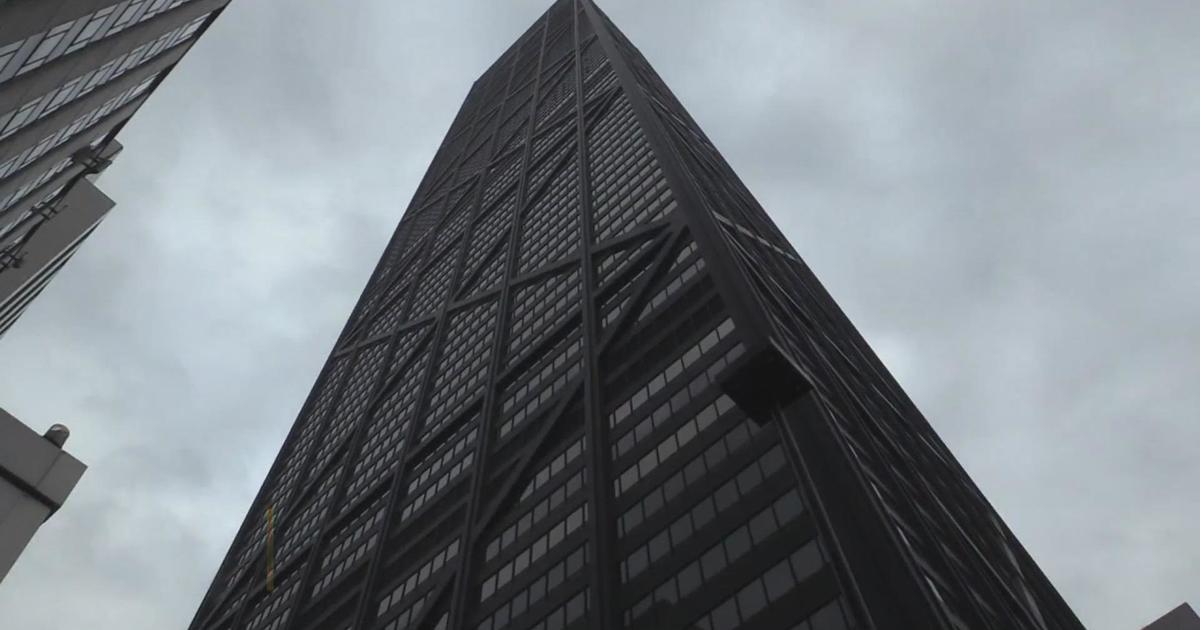Getting Hosed: One Woman Gets Hosed And Bulldozed By The City
CHICAGO (CBS) -- Camella Batten is retired, she's fought cancer, and she's scared of COVID-19. But her biggest obstacle?
The City of Chicago.
The pandemic disrupted our investigation into Ms. Batten's water bill, but CBS 2 Investigators are back on the case. We've found that not only did she get hosed by the City – she also got bulldozed.
Year-after-year, 72-year-old Ms. Batten's water bills continued to pile up, until we got involved.
"I don't owe them nothing anymore!" Ms. Batten said after our investigation resulted in her new balance.
Her $3,051.50 bill has been reduced to zero, and on top of that, the City owes her money – an additional $3,467.47 for bills she never should have paid.
For the past two years, CBS 2 has been helping customers who are "Getting Hosed," from a Vietnam Veteran who owes $11,000 despite never using water, to a widow charged for what six families would use.
We began working on Ms. Batten's case in June of 2019, long before COVID-19, face masks, and frankly, fear was part of everyday life.
When we initially sat down with her, she told us she had been paying $120 each month for a house she had not lived in for more than nine years. That is not an insignificant amount for someone living off of a $1,200 a month Social Security check.
"I see a big problem with that," Ms. Batten said. "Someone is having fun with that money."
Shortly after our first interview, quite honestly, we lost contact with her.
She was diagnosed with endometrial cancer, a cancer that affects the uterus, and was in and out of the hospital.
After months of trying to reach her, we finally reconnected at her assisted living facility. Then, COVID-19 hit.
While we cleared her water bill before the pandemic, we learned about another hurdle: an unexpected demolition.
"They got the white sign with the red 'X' on it," Ms. Batten said about her property.
The City places red "X's" on houses that are too dangerous to live in -- it's even considered illegal to enter these premises.
Furthermore, per City policy, when a building is registered as vacant, water billing should be automatically suspended. Even though two city departments, the Department of Water Management and the Department of Buildings, had her property listed as vacant in their records, Ms. Batten's bills continued to accrue.
Images the city posted on the Department of Buildings' vacant building website shows the property's interior damage after a fire occurred. These pictures illustrate the property was uninhabitable, but according to Chicago's water billing system, if your property is non-metered, your bills are based on the size of your house and your plumbing fixtures – not on how much water you use.
This archaic billing system contributed to another City blunder: it continued to bill Ms. Batten for water even after the house was demolished.
Documents filed with the Cook County Recorder of Deeds' Office show her property was court-ordered to be torn down in 2014 because of its numerous building code violations. But for more than five years it remained untouched, and in the meantime, Ms. Batten was charged thousands of dollars for water and thousands more for building code violations.
It wasn't until October 2019 that the City suddenly demolished the property.
"They didn't tell me that they was going to tear the house down," Ms. Batten said. "I didn't tell them to tear the house down."
The City, however, says they did tell her about the demolition. But Chicago has a history of failing to notify property owners when they plan to destroy their homes.
The 1997 federal lawsuit McKenzie v. City of Chicago scrutinized a process known as "FTD", or Fast-Track Demolition.
The FTD program was designed to get rid of dangerous buildings like Ms. Batten's quickly, but in its haste to tear down these homes, the City failed to properly notify some property owners about these demolitions.
Either way, at one point in time, Ms. Batten was actually billed for water at a house that wasn't even there anymore. In a statement to CBS 2, the Department of Finance told us it wasn't aware about the demo until months after either.
It is standard procedure for the DOF to discontinue billing for water service when a Vacant Building Registration notice is received; however, DOF did not receive such a notice. Additionally, DOF was unaware that the plumbing fixtures had been removed. Following notification of the status of the property, the DOF has taking steps to remove these charges, and a credit adjustment will be made to the account.
"People get away with whatever they want to," Ms. Batten told CBS 2.
Tracking homeowners down about demolitions may not be the City's forte, but it does have a knack for finding people when it's time to send out bills.
In February 2020, the City promptly notified Ms. Batten about the $18,361.00 she owed for the demolition costs the city incurred. A demolition she says she didn't know about. A demolition that happened in the midst of her cancer fight.
"That will really make you even sicker, you know, the bills and the people coming after you," Ms. Batten said.
Although the City fixed her water bill, getting a refund isn't simple: the City requires you fill out a refund form, submit proof that you paid, and then wait for your application to process.
[scribd id=472178724 key=key-gm5MEclpADptqOLjdokN mode=scroll]
"When I get this money, your guess is as good as mine," Ms. Batten said.
[wufoo username="cbslocalcorp" formhash="xrh4urv03c040m" autoresize="true" height="1350" header="show" ssl="true"]
She hasn't seen a dime of the three grand she's owed, yet the City's placed liens on her property for the $18,361.00 demolition.
The City tells us they're working with Ms. Batten to resolve the lien. We'll stay on her case.
